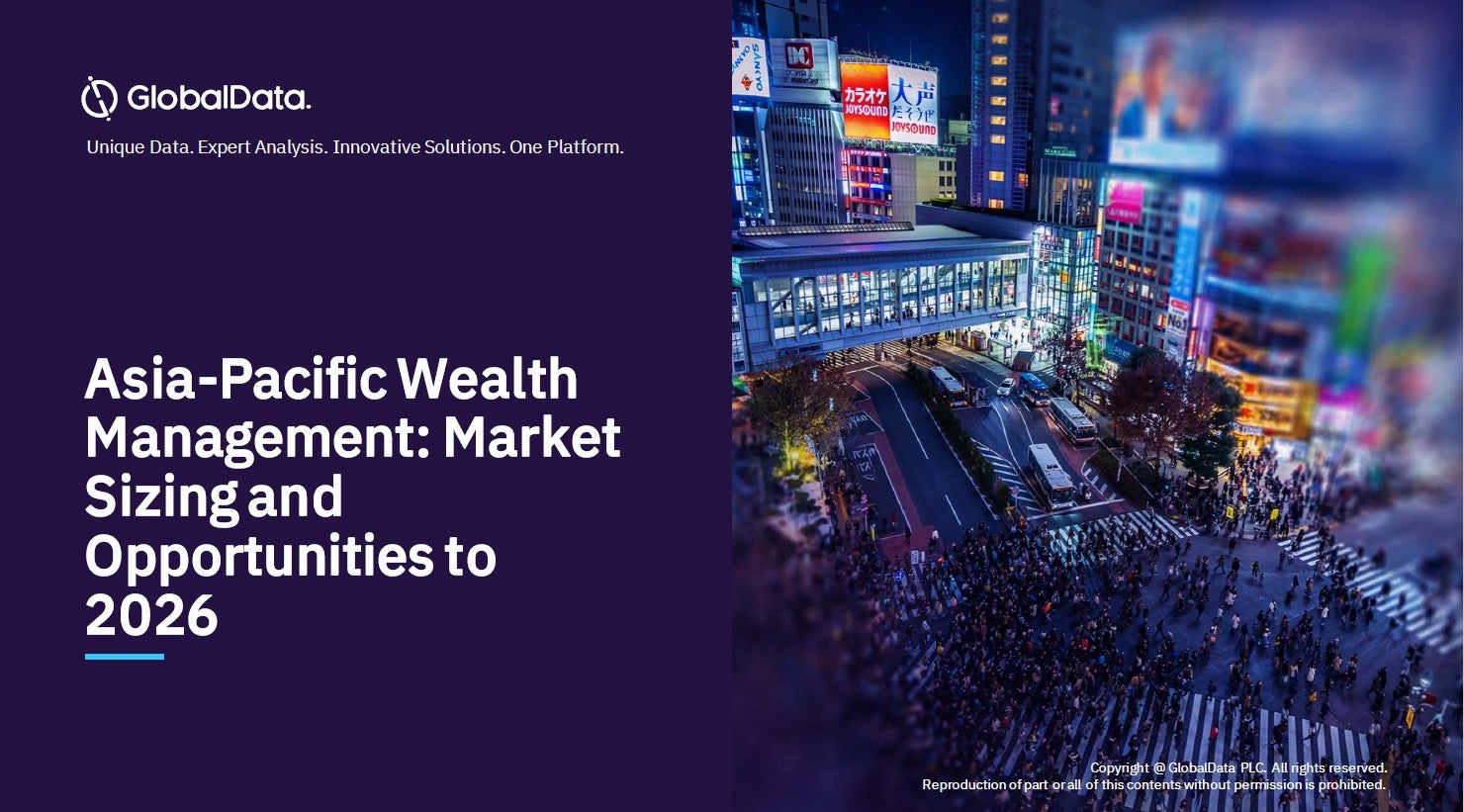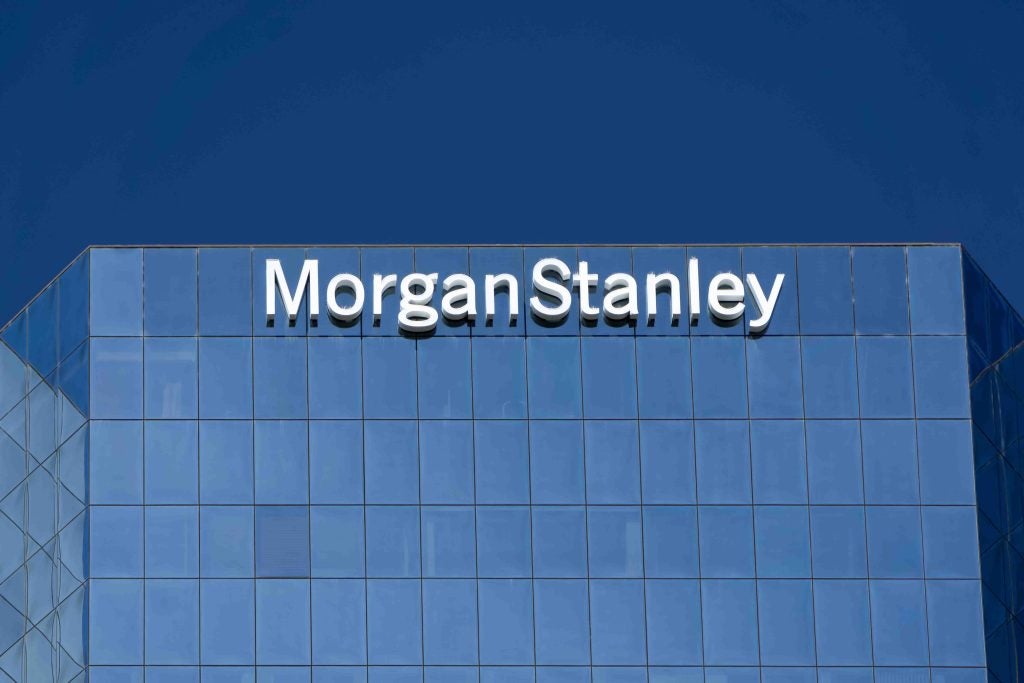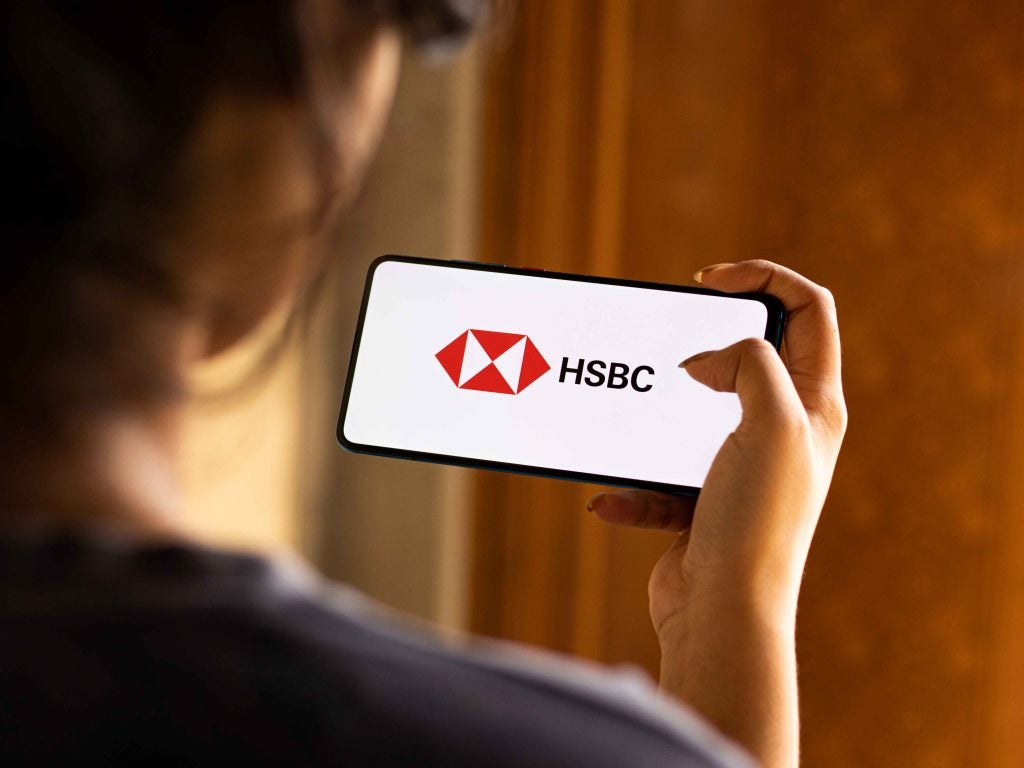People’s aspirations outstrip their “wealth expectancy”, or their total net wealth, at age 60 across a number of segments.
This is according to new research from Standard Chartered. Its Wealth Expectancy Report 2019 states that nearly 60% of people are facing a wealth expectancy gap of 50% of more. This is on average across China, Hong Kong, India, Kenya, Malaysia, Pakistan, Singapore, South Korea, Taiwan and also the UAE.
How well do you really know your competitors?
Access the most comprehensive Company Profiles on the market, powered by GlobalData. Save hours of research. Gain competitive edge.

Thank you!
Your download email will arrive shortly
Not ready to buy yet? Download a free sample
We are confident about the unique quality of our Company Profiles. However, we want you to make the most beneficial decision for your business, so we offer a free sample that you can download by submitting the below form
By GlobalDataThis shows the difference between the wealth that individuals with disposable income to save and invest can expect in retirement and, in addition, what they say they need to live comfortably.
Despite a global average wealth expectancy of more than $1m, most are in danger of not being able to afford the retirement lifestyle they want.
What are people saving for?
The emerging affluent, with an average wealth expectancy of $420,000, 62% will fall short of their goals by at least 50%.
Also, 53% those with an average wealth expectancy of $821,000 will hit a wealth expectancy gap of 50% or more.
In addition, 46% of HNWIs ($2,022,000 wealth expectancy on average) will miss their aspiration by half.
Respondents (59%) primarily relied on savings accounts to achieve their top financial goals. Only 37% used stocks or equities and a mere 36% invested in mutual funds or unit trusts.
The research also showed people’s top goals:
- 28% put their children’s education as one of their top three goals;
- Investing in property followed with 23%;
- 20% were saving for retirement as a priority, and
- 20% placed establishing or funding their own business as a top three priority.
61% of savers believed being able to manage investment products online gave them the confidence to invest that they would not have had previously.
Furthermore, 40% used their bank’s website or mobile app. One-third used online investment portfolio apps, online-only banks and online stockbrokers.
Fernando Morillo, global head of retail products and segments at Standard Chartered, said: “Identifying as high net worth or affluent now is not an indicator of being able to achieve your wealth aspiration in future. With 56% of savers in our study looking set to be disappointed with their financial situation when it comes to retirement, the time to take action is now. Financial institutions have an important role to play, starting with an understanding of their clients’ needs, so that they can educate and empower them to manage their wealth in line with their aspirations”.








